Are you planning to move to Alicante, the Costa Blanca, or anywhere in Spain in 2025 as a non-EU/EEA/Swiss citizen—whether from the US, Australia, Asia, or elsewhere?
Spain is known for its diverse lifestyles, from vibrant cities to tranquil countryside.
This cheat sheet focuses on the Alicante province and Costa Blanca region, with practical steps that apply to relocations across all of Spain.
1 – 📍 Choose Where to Live in Alicante or Costa Blanca
Alicante province offers diverse living options, from lively coastal cities to peaceful inland towns. Consider your lifestyle preferences and other factors like climate, amenities, schools and community when choosing your new home base.
For detailed local insights, explore our “Living in Alicante“ and ““Costa Blanca Lifestyle“ sections
2 – 🏠 Arrange Housing in Alicante Province
Start your property search online, but finalize rental or purchase agreements once you’re in Spain and have legal status underway.
- Discover the province of Alicante in the official website 👉
- For buyers, consult our 2025 Buying Property in Spain Guide 👉
3 – 🚚 Prepare Your International Move
Moving from outside the EU involves customs procedures for your belongings. Create a detailed inventory and check Spanish import regulations for personal items and vehicles. For a smooth process, see our!
- Get inspired with our Key tips for a smooth start 👉
4 – ✈️ Obtain the Correct Spanish Visa Before Arrival
Apply for the appropriate Spanish visa at your local consulate before traveling:
- Non-Lucrative Visa (for retirees or those with passive income)
- Work Visa (requires a Spanish job offer)
- Student Visa (for university or school admission)
- Family Reunification Visa (to join a resident family member)
Needed for next steps: Approved visa, supporting documents (proof of funds, health insurance, acceptance letter/job offer, etc.). - Other types
5 – 🛬 Arrive in Spain with All Required Documentation
Travel to Spain with all the necessary documents to ensure a smooth entry and to facilitate your registration and residency processes in Alicante or the Costa Blanca.
Essential documents to request and bring from your country of origin:
- Valid passport
- Spanish visa (step 4).
- Proof of accommodation (step 2).
- Proof of sufficient financial means (bank statements, payslips, etc).
- Criminal record certificate from your country of origin
- Birth certificate
- Health insurance
- Favorable resolution (“Resolución favorable” – (Step 10 below)
Recommended documents to bring:
- Medical certificate stating you do not suffer from diseases that could have serious public health repercussions (may be required for certain permits).
- Academic certificates (if applicable).
- Marriage certificate (if applicable)
- Vaccination records
⚠️ Notes:
- While these are the general requirements, specific documents and processes may vary depending on your visa type, personal situation, and the municipality where you settle.
- Always check with your local Spanish consulate, the town hall (“ayuntamiento”) in your chosen destination or your immigration expert (in case you hire one) for the latest requirements.
- Some of these documents must be appostiled and translated, but you can get this done once in Spain.
.
6 – 📝 Register on the Padrón Municipal (Townhall Register)
Within 30 days, register your address at the local Ayuntamiento (town hall) and ask straight away for a Certificate of Registration. You will need this document to benefit from local services.
Requires, among other documents, the proof of address (from Step 2).
size=2 width=”100%” align=center>
7 – 🆔 Apply for Your NIE (Foreigner Identification Number)
The NIE (Foreigner Identification Number) is an essential personal identifier for foreigners in Spain, required for both short-term and long-term stays if you intend to carry out any economic, professional, or administrative procedures—such as purchasing property, opening a bank account, signing contracts, or managing utilities
size=2 width=”100%” align=center>
8 – 💶 Proof Financial Source of Income, Employment, Pension or Study Status
Provide evidence of your ability to support yourself: Bank statements, employment contract, pension documents, university enrolment letter or other.
Often required as part of Step 10.
9 – 🏥 Set up Health Insurance
Private health insurance is mandatory unless you qualify for public coverage through employment.
You can contract a Health Insurance prior to arrival, or once in Spain. Popular options with wide coverage in the province of Alicante include ASISA, Sanitas (part of Bupa), Adeslas, AXA, Allianz, and DKV, among other. They all have English-speaking medical and administrative staff.
Make sure to hire full coverage, as this is a non-negotiable requirement for your Residence permit.
Required for Step 10.
10 – ✅ Obtain Your “Resolución favorable” (Work or Residence Permit Approval)
This is a crucial step for non-EU/EEA/Swiss citizens.
Apply for your work or residence permit either at your nearest-by Spanish Consulate, before your departure, or after your arrival, at the immigration office (Oficina de Extranjería) in Alicante.
Needed for this step:
- Passport and visa (from Step 4)
- NIE (from Step 7)
- Proof of address/padrón certificate (from Step 6)
- Proof of financial means or employment/study (from Step 8)
- Health insurance (from step 9)
Once approved, you’ll receive the “Resolución favorable,” which legally authorizes your stay.
Check here for the detailed steps and requirements to get your Work or Residence Permit Approval 👉
11 – 🗃️ Apply for Your TIE (Tarjeta de Identidad de Extranjero)
Within 30 days of receiving your “Resolución favorable,” apply for your TIE (residence card) at the police station or immigration office.
Needed for this step:
- Passport and visa (from Step 4)
- NIE (from Step 7)
- Proof of address/padrón certificate (from Step 6)
- Health insurance (from Step 9)
- Work or Residence Permit Approval (Resolución favorable) (from Step 10)
12 -🏦 Open a Spanish Bank Account
To open a bank account in Spain, most banks will require your passport, NIE, proof of address, and often your TIE if you are a resident.
Some banks offer partial online setup, but in-person visits are common.
Non-residents can open accounts with fewer documents (usually just a passport and NIE), but if you plan to stay over 90 days, a resident account is recommended.
For a resident account, you’ll need your NIE (from Step 7), proof of address (from Step 2), and TIE (from Step 11).
When selecting a bank, look beyond the major brands—consider local branches with strong reputations (check recent customer reviews, e.g. in Google), English-speaking staff, convenient ATM access, and transparent fees for services like international transfers or mortgages.
13 – 🗃️ Register for Spanish Tax (Agencia Tributaria)
If you’ll spend more than 183 days per year in Spain, you must register as a tax resident. Visit the local Agencia Tributaria office in Alicante and they will guide you (in Spanish).
Needed: NIE (Step 6), TIE (Step 11) and proof of address (Step 2) or padrón certificate (Step 6)
- More about Tax residency – Agencia Tributaria 👉
- Spanish Tax registratipon process – Agencia Tributaria 👉
size=2 width=”100%” align=center>
13 – 👨👩👧👦 Register Family and Pets
Each family member must complete the same visa, permit, and registration steps.
For pets, ensure microchipping, rabies vaccination, and compliance with Spanish import rules.
size=2 width=”100%” align=center>
14 – 🛡️ Register at Spanish Social Security (Seguridad Social)
If you work or are self-employed, register with Social Security for healthcare and pension benefits.
Requires: NIE (from Step 6) and EU Certificate of Registration (from Step 8).
- Employees are usually registered by their employer.
- Non-EU/EEA/Swiss students don’t need to register at the Social Security (private Health insurance is mandatory), unless they are going to work, do paid internships, or participate in professional training that requires registration, usually arranged by the employer.
- Self-employed individuals must register themselves. Check the official website for details 👉 or contact the nearest Social Security office.
16 – 💼 Start Your New Life in Spain
With your paperwork sorted, you’re ready to work, study, or retire in Alicante (or elsewhere in Spain). Enjoy the Spanish lifestyle, local cuisine, and vibrant expat communities.
16 – ⚖️ Stay Up-to-Date with Spanish Residency Laws
Renew your TIE and registrations as needed. Laws and procedures can change.
- Follow us for the latest updates or consult your lawyer, immigration consultant or gestor.
💡 Pro Tips for Non-EU expats in Spain
- Local Variations: Requirements can differ between towns. Always confirm with your local Ayuntamiento or Alicante immigration office.
- Professional Help: Spanish bureaucracy can be tricky. Consider hiring a gestor or immigration lawyer—see our “Alicante Expat Services Directory.”
- Official Resources: For the most current information, consult
- the Spanish Ministry of Migration (English version)
- and the Alicante Provincial Government (Only in Spanish and Valencian).
Frequently Asked Questions (FAQ)
Apply for a Spanish student visa before arrival. Once in Alicante, register on the padrón, get your NIE, and apply for your TIE. You’ll need proof of university enrollment, financial means, and health insurance.
You can drive for up to 6 months after becoming a resident. After that, you must exchange your licence (if your country has an agreement with Spain) or take the Spanish driving test. Check with the local DGT office in Alicante for details.
To work in Alicante as a non-EU/EEA/Swiss citizen in 2025, you must secure a work visa before arrival, obtain your “Resolución favorable” (work/residence permit), complete local registrations (padrón, NIE, TIE), and register with Spanish Social Security. Each step requires documents from the previous stages, so keep all paperwork organized and up to date.
Save this Alicante moving guide for 2025 and check back for the latest on Spanish immigration and expat life on the Costa Blanca!
Still have questions?
💬 Leave a comment below 👇 or connect with local experts for tailored advice.

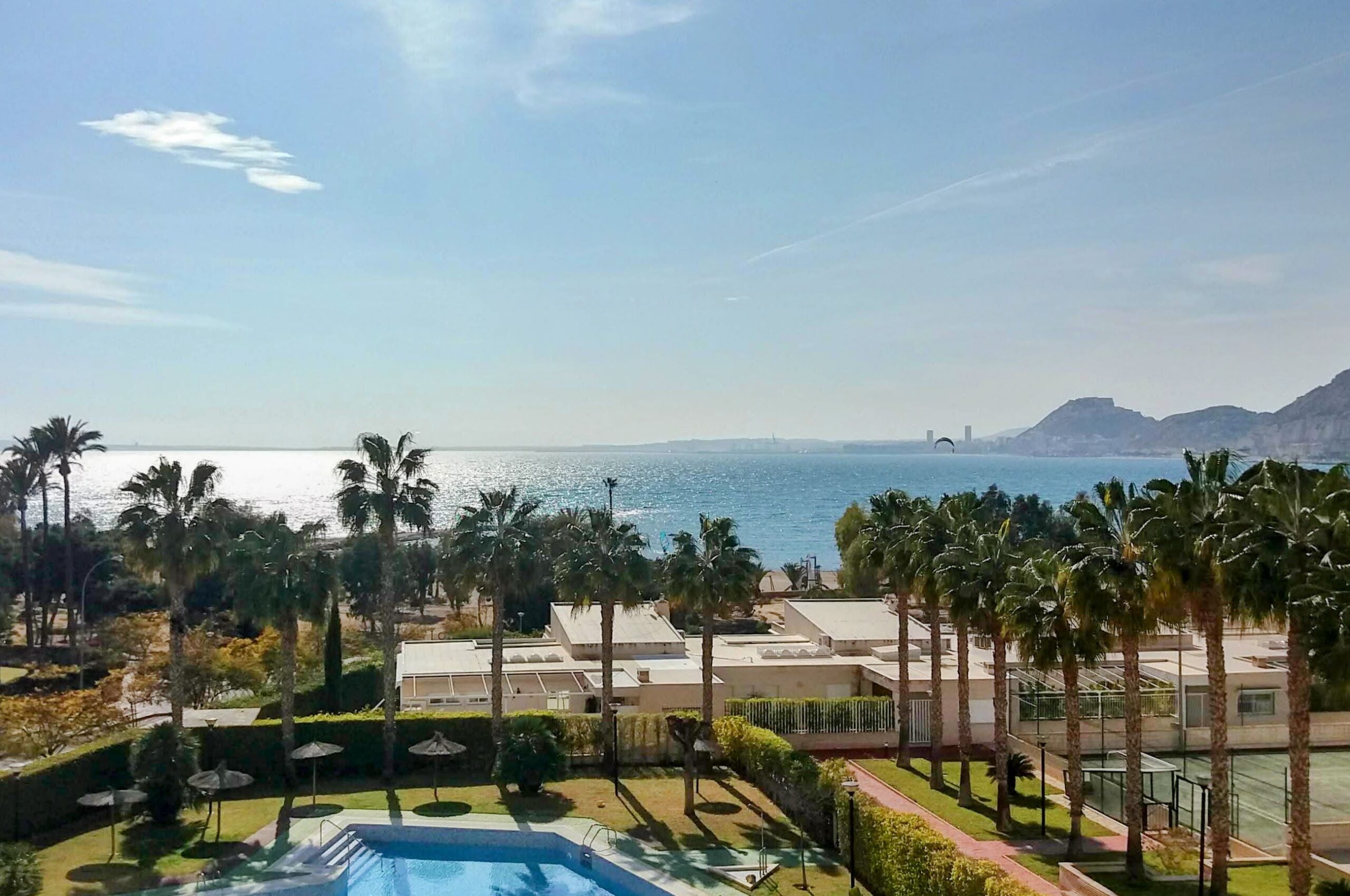
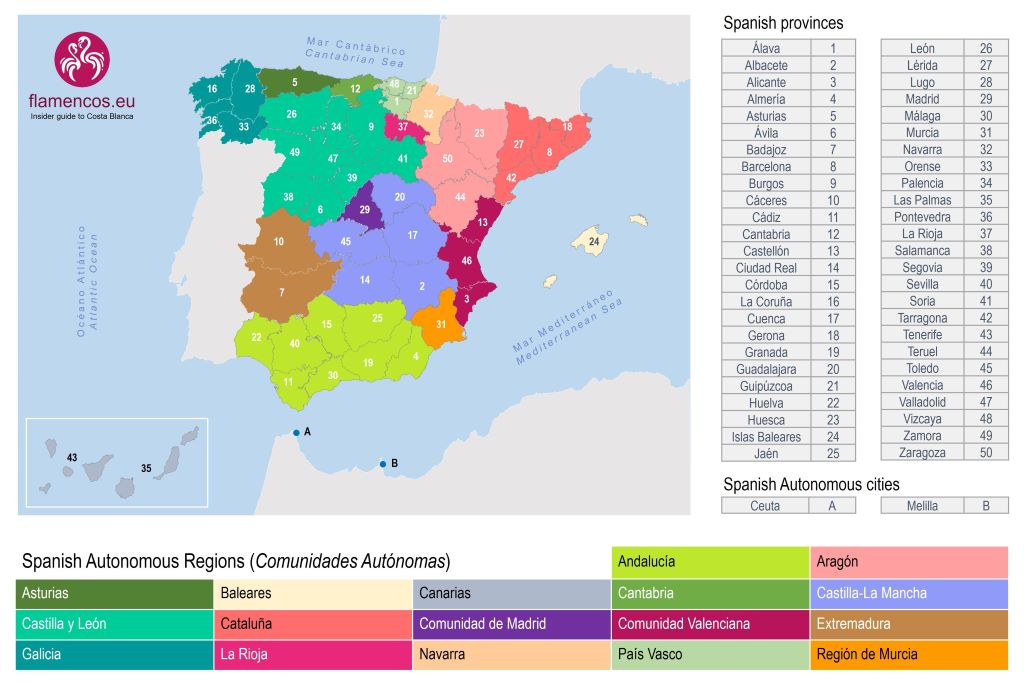
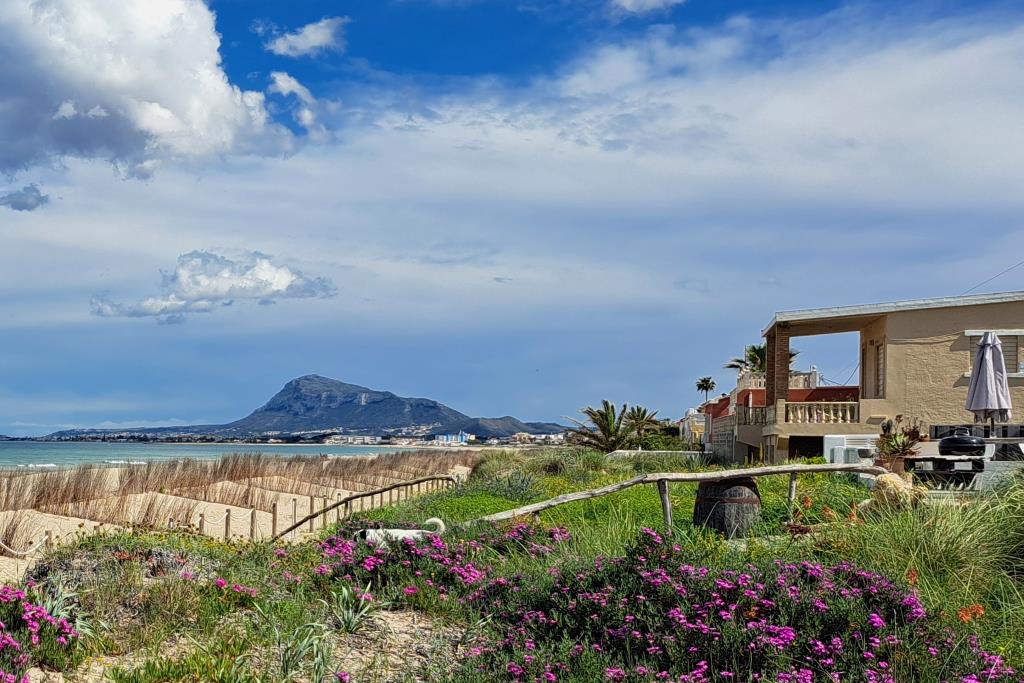
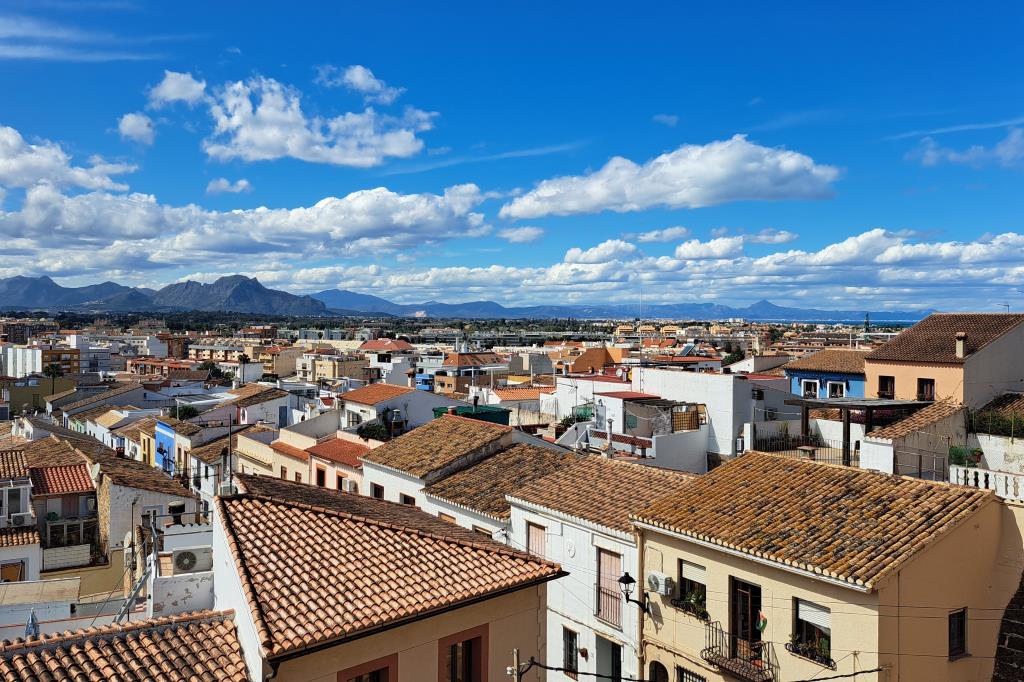


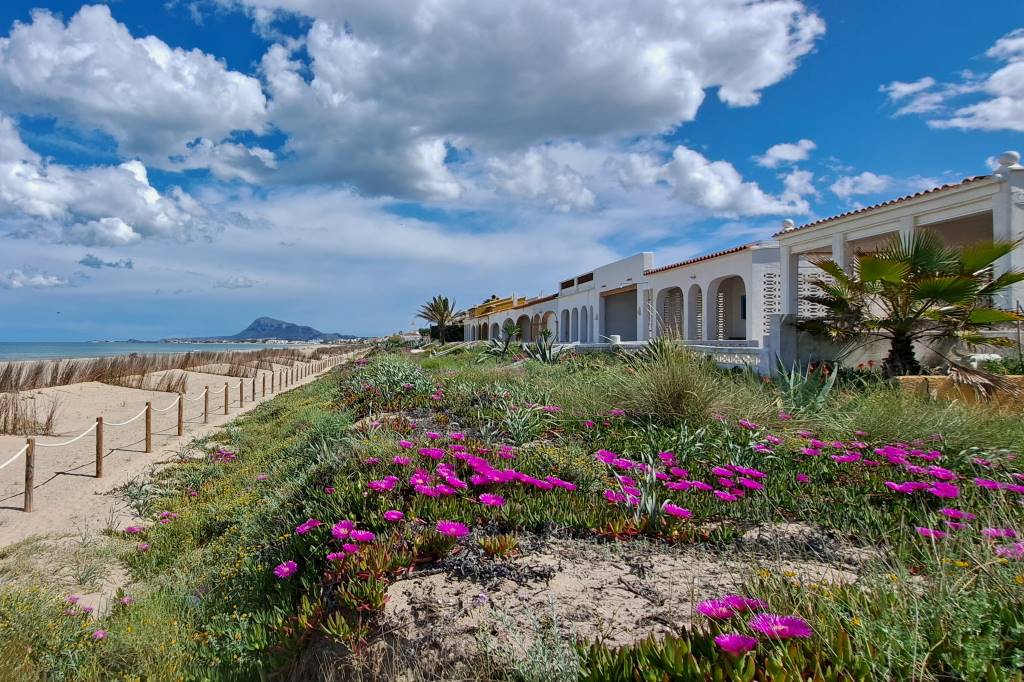

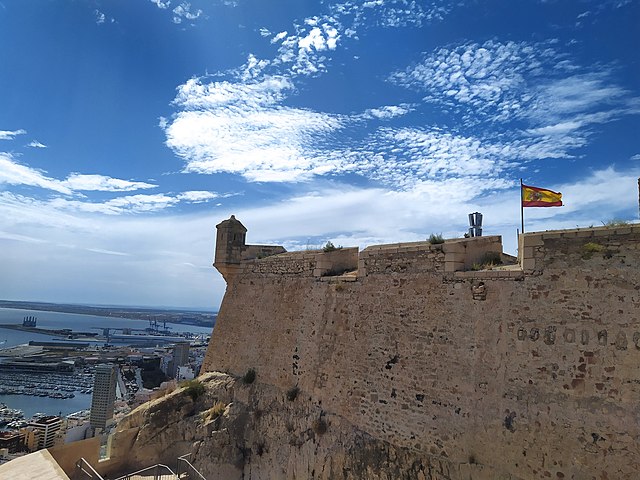
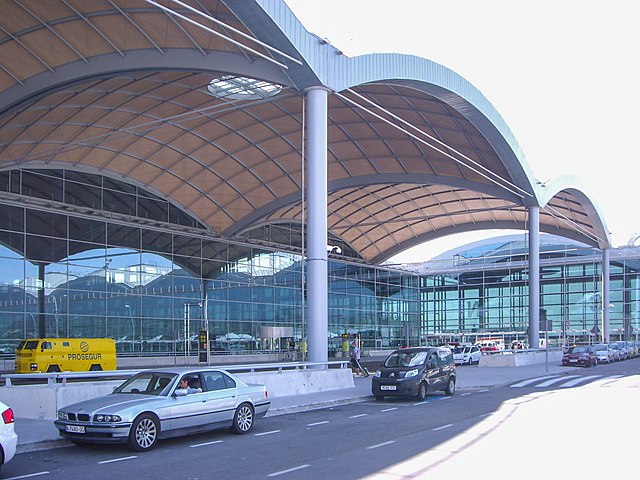
Leave a Reply
You must be logged in to post a comment.